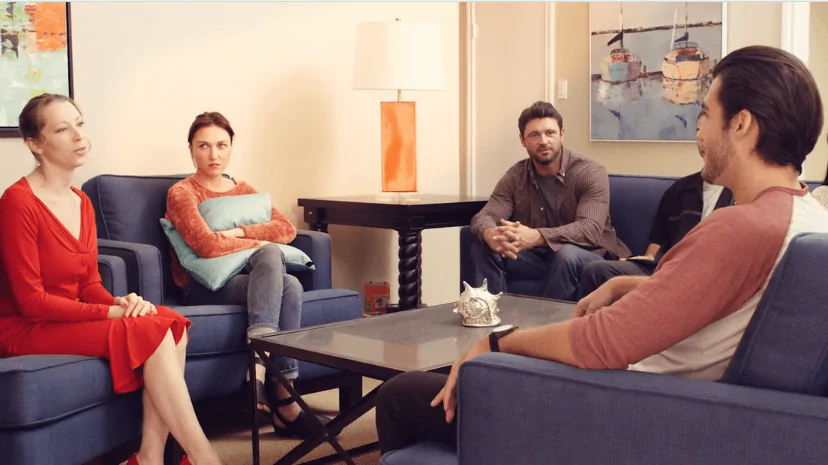24/7 Helpline:
(866) 899-221924/7 Helpline:
(866) 899-2219
Learn more about Dual Diagnosis Rehab centers in South Bend
Dual Diagnosis Rehab in Other Cities
Other Categories in South Bend

Other Insurance Options

UMR

EmblemHealth

Regence

Multiplan

Amerigroup

Aetna

Group Health Incorporated

Absolute Total Care

Magellan

Cigna

State Farm
Beacon

AllWell

Optum

Optima

CareSource

BHS | Behavioral Health Systems

American Behavioral

United Health Care

Carleon

Victory Clinic Services II
Victory Clinic Services II is a private rehab located in South Bend, Indiana. Victory Clinic Service...

Oaklawn Psychiatric Center
Oaklawn Psychiatric Center offers comprehensive mental and behavioral health care for youth and adul...

Addictions Recovery Centers
Addictions Recovery Centers provides outpatient services that are related to the misuse of one or mo...

Life Treatment Centers
Life Treatment Centers, located in South Bend, Indiana, is a comprehensive drug and alcohol rehab fo...

Oxford House Emyla
Oxford House Emyla is a non-profit house located in South Bend, IN. Oxford House Emyla helps individ...

Choices Recovery
Choices Recovery understands the urgency of providing effective treatment for those individuals who ...










Crossroads Counseling
Crossroads Counseling is a private rehab located in South Bend, Indiana. Crossroads Counseling speci...

New Life Deliverance Center
New Life Deliverance Center is a private rehab located in South Bend, Indiana. New Life Deliverance ...

Oxford House Mariposa
Oxford House Mariposa is a non-profit house located in New Albany, IN. Oxford House Mariposa helps i...

Oxford House Liam
Oxford House Liam is a non-profit house located in South Bend, IN. Oxford House Liam helps individua...

Child Development and Psychological Health Center
Child Development and Psychological Health Center is a private rehab located in South Bend, Indiana....

Lifeline Connections
Lifeline Connections is a private non-profit corporation located in West South Bend, Washington. Lif...










